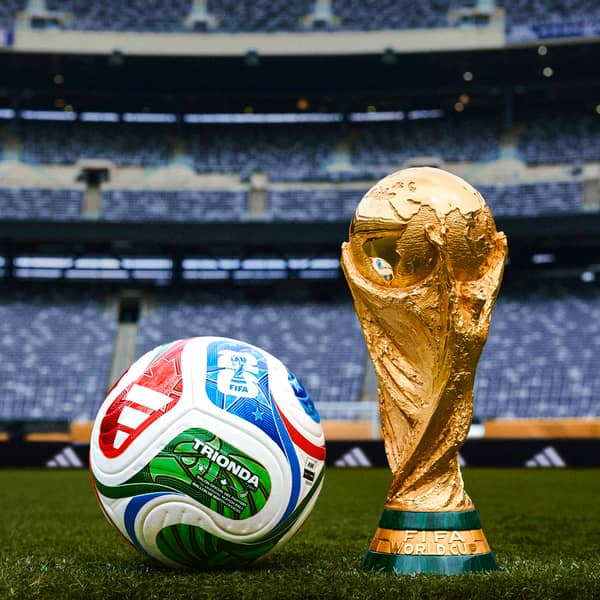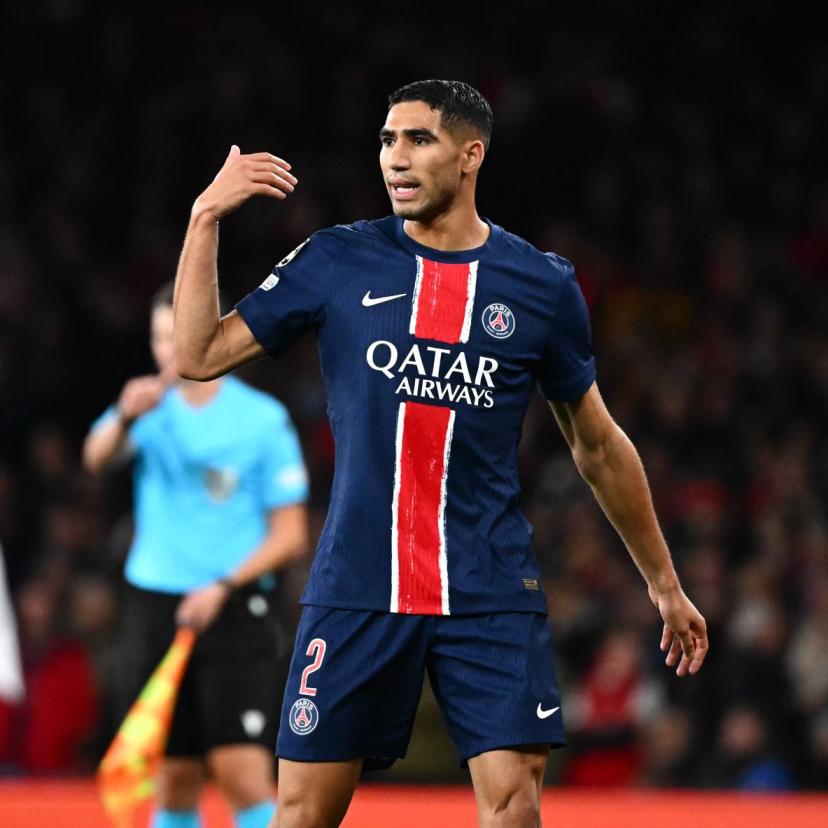A heated wave of reactions has trailed the recent decision by the Fédération Internationale de Football Association (FIFA) to assign a South African refereeing team to handle the crucial World Cup playoff match between Nigeria’s Super Eagles and the Panthers of Gabon. The appointment has sparked widespread concerns, debates, and criticism among fans, pundits, and football stakeholders who believe the choice may compromise neutrality in a match of such high stakes.
The game, which will play a key role in determining which nation secures a ticket to the 2026 FIFA World Cup, is already loaded with pressure — and the controversy surrounding officiating has added an unexpected layer of tension.
Details of the Appointment
FIFA designated the following South African officials for the match:
| Role | Name |
|---|---|
| Center Referee | Tom Abongile |
| Assistant Referee | Zakhele Siwela |
| Video Assistant Referee (VAR) | Akhona Makalima |
These are officials with considerable experience in African football competitions, having officiated in CAF Champions League, Africa Cup of Nations qualifiers, and major domestic leagues. However, experience is not the issue critics are raising — neutrality is.
Why Nigerians Are Raising Concerns
The objections from Nigerian fans and analysts are tied to recent diplomatic and football-related tensions between Nigeria and South Africa. Of particular note are:
- Recent political statements from a South African government official who publicly wished for Nigeria’s failure in the World Cup qualification journey.
- Historical football rivalry, such as the long-standing contest between the Super Eagles and Bafana Bafana.
- Perceived regional football politics within CAF, where officiating appointments are often scrutinized for possible influence.
For many Nigerian fans, even the appearance of bias in a match of this magnitude is unacceptable.
Public Reactions and Outrage
Social media platforms have been buzzing with commentary from supporters who believe FIFA should have appointed neutral referees from a region without direct rivalry with either side. Hashtags calling for the re-evaluation of the officiating crew have trended across platforms.
Football analysts have also weighed in, warning that all decisions made during the match will now be viewed under a microscope, increasing the risk of controversy if any critical calls arise.
Nigeria Football Federation’s (NFF) Position
Although the Nigeria Football Federation has not yet issued a strong public statement of protest, insiders suggest discussions are ongoing on whether:
- To submit a formal objection to FIFA.
- To request new officials from a neutral country.
- Or to focus on team preparedness while monitoring the situation closely.
The NFF is aware that pursuing the matter must be done through proper diplomatic and football governance channels to avoid sanctions or misunderstandings.
What FIFA’s Appointment Means for the Match
In high-stakes competitions, confidence in officiating is just as important as the performance on the pitch. The appointed referees will now be under immense scrutiny, and any questionable decision — whether intentional or not — may be interpreted as bias.
This tension could influence:
- Player discipline and reactions on the pitch.
- Coaching strategy, especially around set plays and physical challenges.
- The overall emotional tone of the match.
The Road to the World Cup: What Is at Stake
The Nigeria vs Gabon playoff is one of the most anticipated fixtures in Africa’s journey to the 2026 World Cup. Nigeria, a football powerhouse with multiple World Cup appearances, is fighting to reclaim its traditional place on the global stage after missing tournaments and facing performance criticisms in recent years.
Gabon, on the other hand, is seeking to make a strong statement on continental football, boasting talented players capable of surprising big teams.
This match will determine more than just qualification — it carries national pride, footballing heritage, and the future trajectory of both teams.



